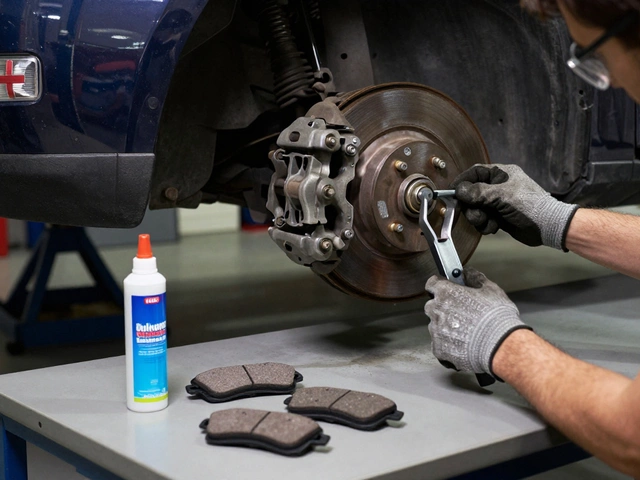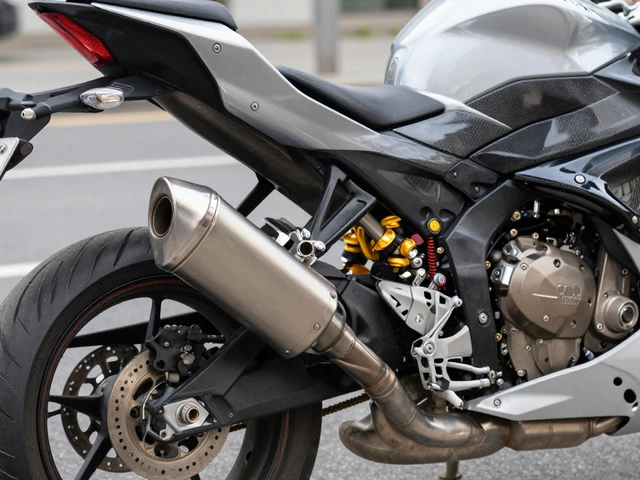Oil Types: Which One Fits Your Car and Why It Matters
When it comes to your engine, oil types, the different formulations of engine lubricants used to reduce friction and protect internal parts. Also known as motor oil, it’s the lifeblood of your engine—get it wrong, and you’re asking for trouble. Not all oils are made the same. There’s conventional oil, a basic petroleum-based lubricant refined from crude oil, synthetic oil, a chemically engineered fluid designed for better performance under extreme heat and stress, and high-mileage oil, a blend formulated for older engines with worn seals and increased oil consumption. Each one behaves differently in your engine, and using the wrong type can lead to sludge, leaks, or even engine failure.
Then there’s oil viscosity, a measure of how thick or thin the oil flows at different temperatures. That number you see on the bottle—like 5W-30 or 10W-40—isn’t just marketing. It tells you how the oil acts when cold (the number before the W) and how it holds up when hot (the number after). If your car’s manual says 5W-30 and you put in 10W-40, you might be making your engine work harder in winter or risking inadequate protection on the highway. And don’t assume all synthetics are equal—some are full synthetic, others are synthetic blend. The difference shows up in how long they last, how well they handle heat, and whether they clean out gunk or just let it build up.
Here’s the thing: skipping oil changes because you think "all oil is oil" is like putting the wrong fuel in your car. You might get away with it for a while, but eventually, the engine pays the price. The posts below cover exactly what happens when you delay an oil change, how to tell if your oil’s gone bad, what happens if you overfill, and why some cars need special blends. Whether you drive a 10-year-old sedan or a newer turbocharged model, the right oil type isn’t optional—it’s essential. You’ll find real-world advice on matching oil to your driving habits, your climate, and your car’s age. No guesswork. No fluff. Just what works.





